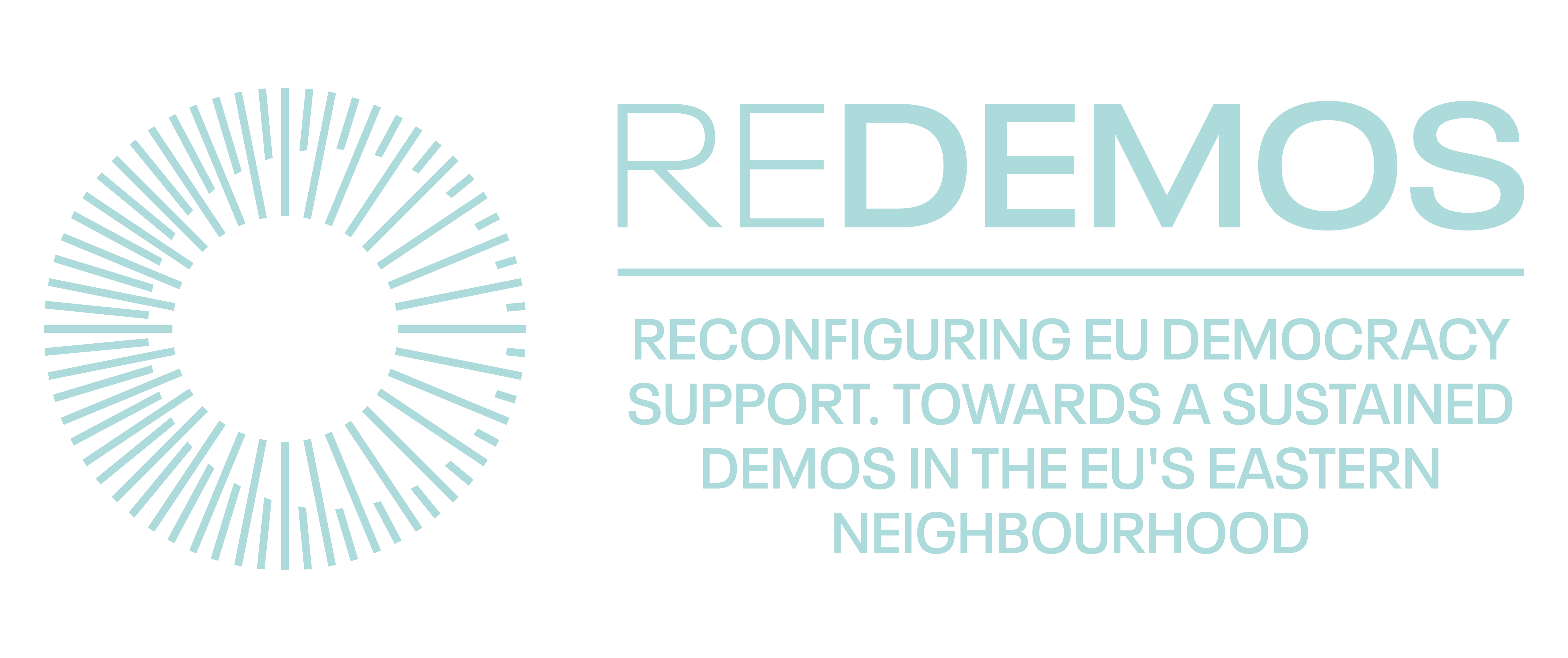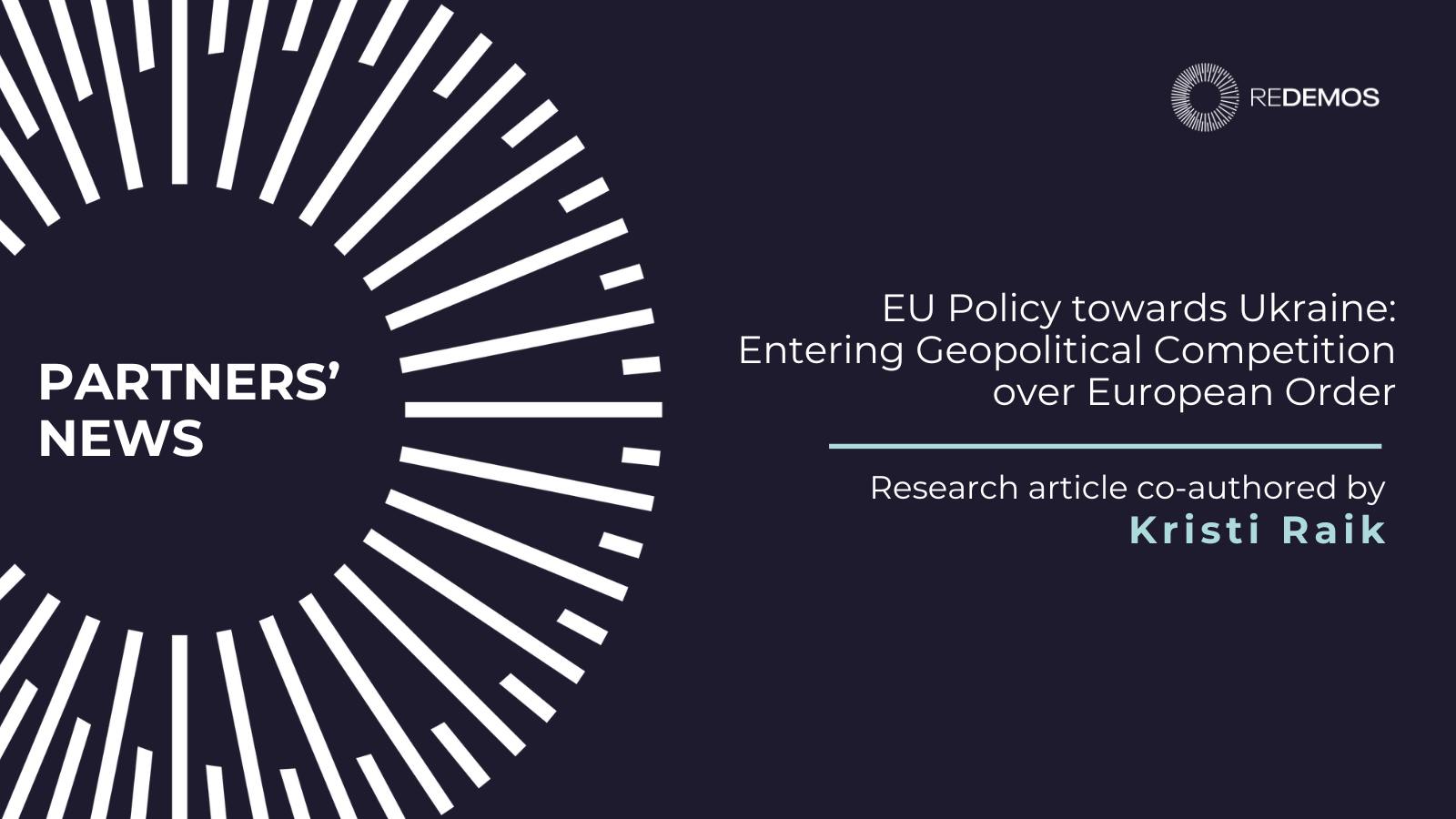In the research article ‘EU Policy towards Ukraine: Entering Geopolitical Competition over European Order’ published in the International Spectator, Kristi Raik, a member of the REDEMOS Project team, Steven Blockmans, a member of the REDEMOS sister project REUNIR, as well as Anna Osypchuk and Anton Suslov from the School for Policy Analysis of the National University of Kyiv-Mohyla Academy, analyse the gradual build-up of multipolar competition between Ukraine, the European Union (EU), the United States (US) and more broadly the West on one side, and Russia on the other side, with a focus on EU policies.
Since 2004, the authors mention, the EU and Russia have experienced periodic intensification in competition for influence over Europe’s political, economic, and security frameworks, particularly those focused on Ukraine. In fact, ‘the EU’s main mitigation tactic in response to this competition used to be denial, but in 2022, following Russia’s full-scale invasion of Ukraine, this approach became untenable’.
Consequently, the EU has emerged as a proactive geopolitical player. It has actively engaged in the conflict over the European order, leveraging its emerging hard power, and expanding its geographic boundaries. The authors argue that the EU is now ‘actively trying to shape the future of the European order that was challenged by Russia’s war against Ukraine’.
In pursuing its objectives mainly via civilian methods, the EU has significantly bolstered its hard power capability and provided military support. Additionally, by awarding Ukraine candidate country status, the EU has firmly defined its prospective borders amidst violent disputes.
Source: Kristi Raik, Steven Blockmans, Anna Osypchuk & Anton Suslov. (2024). EU Policy towards Ukraine: Entering Geopolitical Competition over European Order, The International Spectator, 59:1, 39-58, DOI: 10.1080/03932729.2023.2296576


